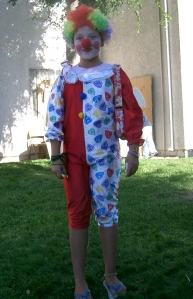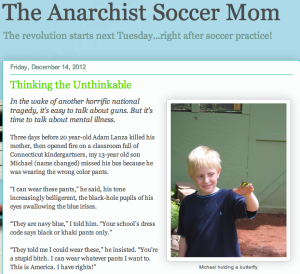WHAT DOES THIS PASSAGE MEAN?
Six days before the Passover, Jesus therefore came to Bethany, where Lazarus was, whom Jesus had raised from the dead. So they gave a dinner for him there. Martha served, and Lazarus was one of those reclining with him at table. Mary therefore took a pound of expensive ointment made from pure nard, and anointed the feet of Jesus and wiped his feet with her hair. The house was filled with the fragrance of the perfume. But Judas Iscariot, one of his disciples (he who was about to betray him), said, “Why was this ointment not sold for three hundred denarii and given to the poor?” He said this, not because he cared about the poor, but because he was a thief, and having charge of the moneybag he used to help himself to what was put into it. Jesus said, “Leave her alone, so that she may keep it for the day of my burial. For the poor you always have with you, but you do not always have me.” John 12:1-8 ESV
 When you know the entire Word of God you KNOW that it is not an excuse to ignore the poor. The Bible is full of commands to care for the poor.
When you know the entire Word of God you KNOW that it is not an excuse to ignore the poor. The Bible is full of commands to care for the poor.
Our first responsibility is to care for the poor within the Body of Christ.
Then the righteous will answer him, saying, ‘Lord, when did we see you hungry and feed you, or thirsty and give you drink? And when did we see you a stranger and welcome you, or naked and clothe you? And when did we see you sick or in prison and visit you?’ And the King will answer them, ‘Truly, I say to you, as you did it to one of the least of these my brothers, you did it to me.’ (Matthew 25:37-40 ESV)
We are also challenged to care for the alien — those who aren’t part of the Family of God.
And you shall not strip your vineyard bare; neither shall you gather the fallen grapes of your vineyard. You shall leave them for the poor and for the sojourner: I am the LORD your God. (Leviticus 19:10 ESV)
So why did Jesus say, “The poor you always have with you, but you do not always have me.”
I’ve prayed over this a lot because I have seen ministries over and over ignore the guidance of scripture to ease the struggle of the poor. I tell of one such story here.
I believe that Jesus is saying, don’t worship the
poor always put me first
How do we worship the poor?
When we get so caught up in “fixing things” for the poor that we ignore what God tells us in His Word, we thumb our nose at God. We choose to disobey God because we KNOW what this person needs. In so doing we make that person more important than The Triune God.
In the story of Tommy the adults working with Tommy ignored God’s directions in regard to the nurture of children.
Fathers, do not provoke your children to anger, but bring them up in the discipline and instruction of the Lord. (Ephesians 6:4 ESV)
In other words we are to provide training and discipline that will provide healthy growth and development. The adults serving Tommy did not do that. He was never taught how to live a disciplined life, he was never challenged to work hard because everything was given to him – he became a sluggard. The adults wanted Tommy to “feel good,” and in so doing their actions said they knew better than God what was best for Tommy.
“The whole commandment that I command you today you shall be careful to do, that you may live and multiply, and go in and possess the land that the LORD swore to give to your fathers. And you shall remember the whole way that the LORD your God has led you these forty years in the wilderness, that he might humble you, testing you to know what was in your heart, whether you would keep his commandments or not. And he humbled you and let you hunger and fed you with manna, which you did not know, nor did your fathers know, that he might make you know that man does not live by bread alone, but man lives by every word that comes from the mouth of the LORD. Your clothing did not wear out on you and your foot did not swell these forty years. Know then in your heart that, as a man disciplines his son, the LORD your God disciplines you. So you shall keep the commandments of the LORD your God by walking in his ways and by fearing him.(Deuteronomy 8:1-6 ESV)
God knows that it is best for us to walk through very difficult times.
If the adults had put God before Tommy,
Tommy would have been the winner.
This is just one example of how individuals put the poor (in this case a poor child) before God. I have seen it happen over and over and over. I believe it is a big reason why, though there are thousands and thousands of ministries serving the poor across America, we are not seeing greater results.
When the poor are put before God, before Jesus, it is the poor who suffer

























 A volunteer could play the “devil” and encourage the kids to try and do it on their own.
A volunteer could play the “devil” and encourage the kids to try and do it on their own.